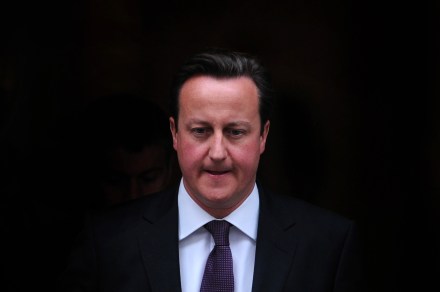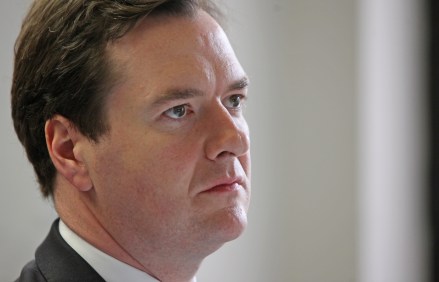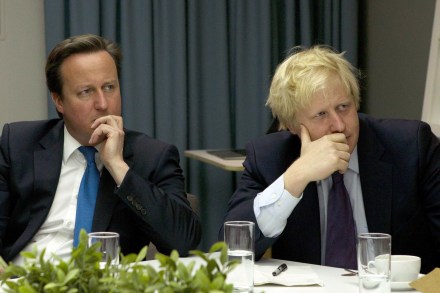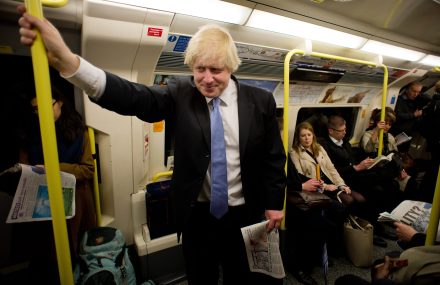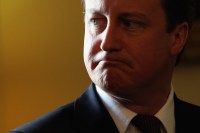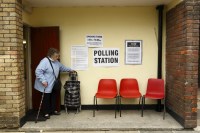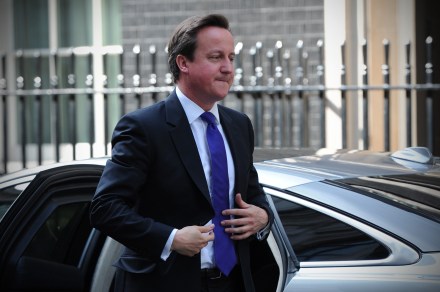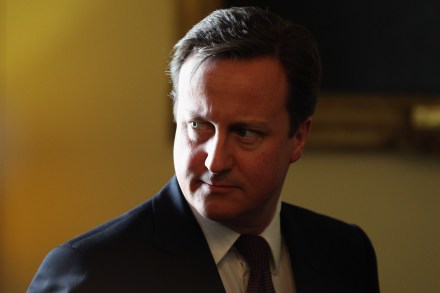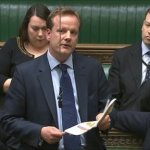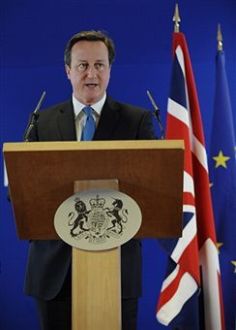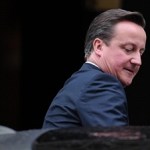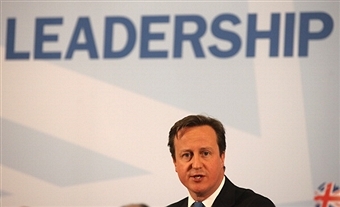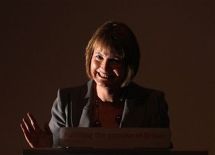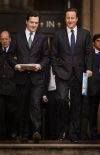Cameron faces a political storm
For the Cameroons, the political weather at the moment is about as appealing as the prospect of a Bank Holiday trip to the beach. The Tory party is having a very public debate about its future strategy. The Alternative Queen’s Speech being promoted by David Davis, John Redwood and Tim Montgomerie is a reminder of how vocal the leadership’s internal critics are prepared to be. The worry for Cameron has to be that there is this much sounding off just two years into the coalition. One wonders what it will like be a year from now. If this was not enough, Thursday and Friday promise to bring excruciating details of
